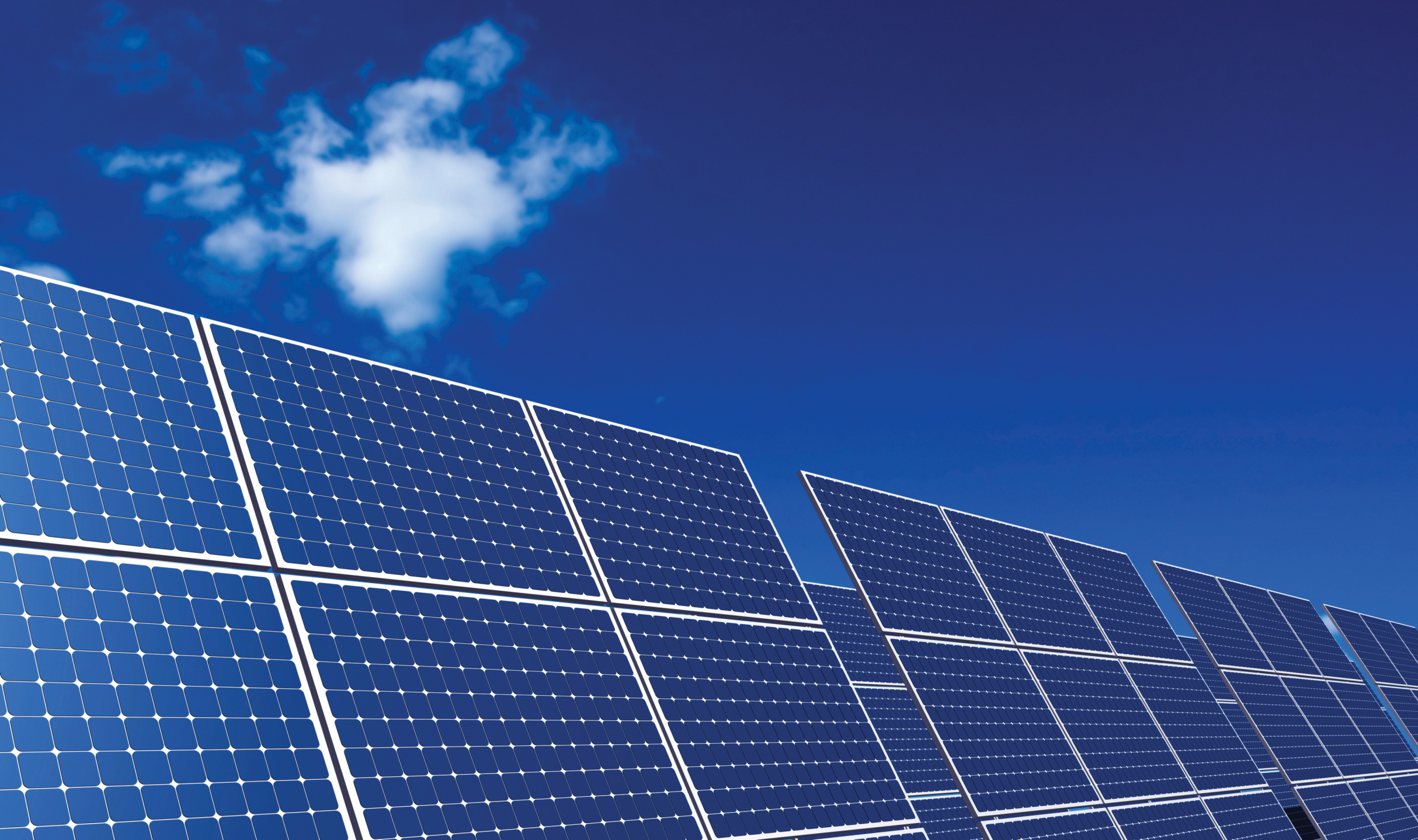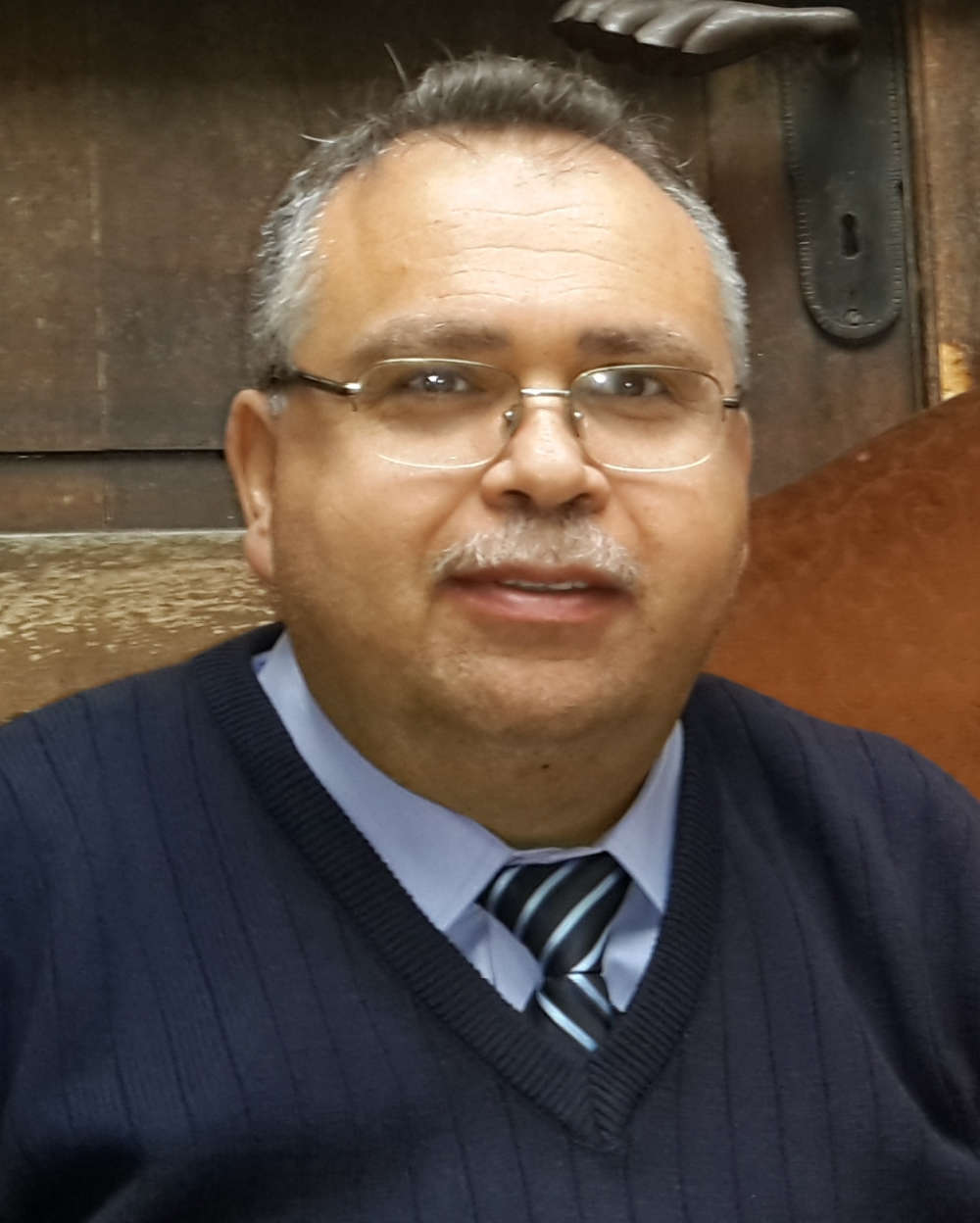Solar power utilizes the sun’s thermal energy by way of solar panels for heating or to generate electricity.i In Palestine, despite the restrictions imposed by the occupation, sun energy has been used since the 1980s in order to heat water via panels with glass sheets. At this time, however, solar power covers only 2% of the total demand for electricity in Palestine; most of the required electricity (87.7%) is imported from Israel, 2.6% from Jordan and Egypt, and the remaining amount is produced by the Palestinian electricity plant in Gaza and through the few solar systems that have been installed locally.ii Palestine is well suitable for the utilization of solar energy in order to generate electricity, as the daily sunlight averages about 8.5 hours. Moreover, the last five years have witnessed significant improvement in solar-energy technology, and its cost has dropped as well. Accordingly, photovoltaic systems have been installed in households and businesses, and the sector is expanding progressively in Palestine. Bedouins living in remote areas of the West Bank where there is no access to electricity have managed to light their tents by establishing off-grid solar systems with storage batteries. The Applied Research Institute – Jerusalem (ARIJ), in partnership with DanChurchAid, has successfully installed off-grid solar systems for 150 Bedouin families in the southern West Bank; on-grid solar systems in partnership with CNEWA-Pontifical Mission, Jerusalem, to generate electricity for organizations that provide needy people with social services; and 103-kW solar systems that are generating the electricity required for the six public buildings of Tubas Municipality, also covering part of the electricity necessary for lighting the city’s streets.iii This project was funded by the EU through the Sustainable Urban Demonstration Projects (SUDEP) South Support Mechanismiv and will reduce CO2 emissions by 97.2 tons yearly, which is equal to the absorbed CO2 gas by the green canopy of 3,470 planted forest trees.

The Palestinian Energy and Natural Resources Authority (PENRA) has developed the Renewable Energy and Energy Efficiency Law that aims to establish the legal frameworks that are required to regulate investment in solar systems in households and businesses and the ways by which the Palestinian electricity companies shall link these systems directly to the electricity network (on-grid). The electricity company is to calculate the balance between the beneficiary’s electricity consumption and the amount produced by its solar system, determining the amount of reimbursement based on regulations established by this law. Additionally, PENRA has developed a strategy for the future development of the renewable energy sector. Proposed programs aim to establish various solar stations that shall cover 10% of the total electricity consumption, while simultaneously, measures are to be implemented that shall save an additional 5% by improving the efficiency of electrical energy consumption by 2020. The life expectancy of such solar systems is estimated at 20 years while the capital recovery rate is estimated at 5-7 years, which means that the investor can benefit from free electricity for about 13-15 years.
Finally, Palestine can reduce overall electricity bills by using more efficient appliances that require less energy to provide the same service, such as replacing the yellow light bulb with LED lamps, or by purchasing electrical devices with the energy-efficiency labels of grade A, A+ or A++, while avoiding those graded B, C, and on until G. By adopting solar energy and using energy-efficient appliances, we can make our homes and keep our Palestinian environment green.v,vi
1 http://whatis.techtarget.com/definition/solar-power
2 http://www.mas.ps/files/server/20152909151817-1.pdf
3 http://tubasenergy.com/
4 http://www.sudepsouth.eu/
5 http://www.energyrating.gov.au/
6 http://mygreenhome.org.za/wp-content/uploads/2014/06/Guide-to-Energy-Labels-for-appliance-theme-2-June-2014.pdf



